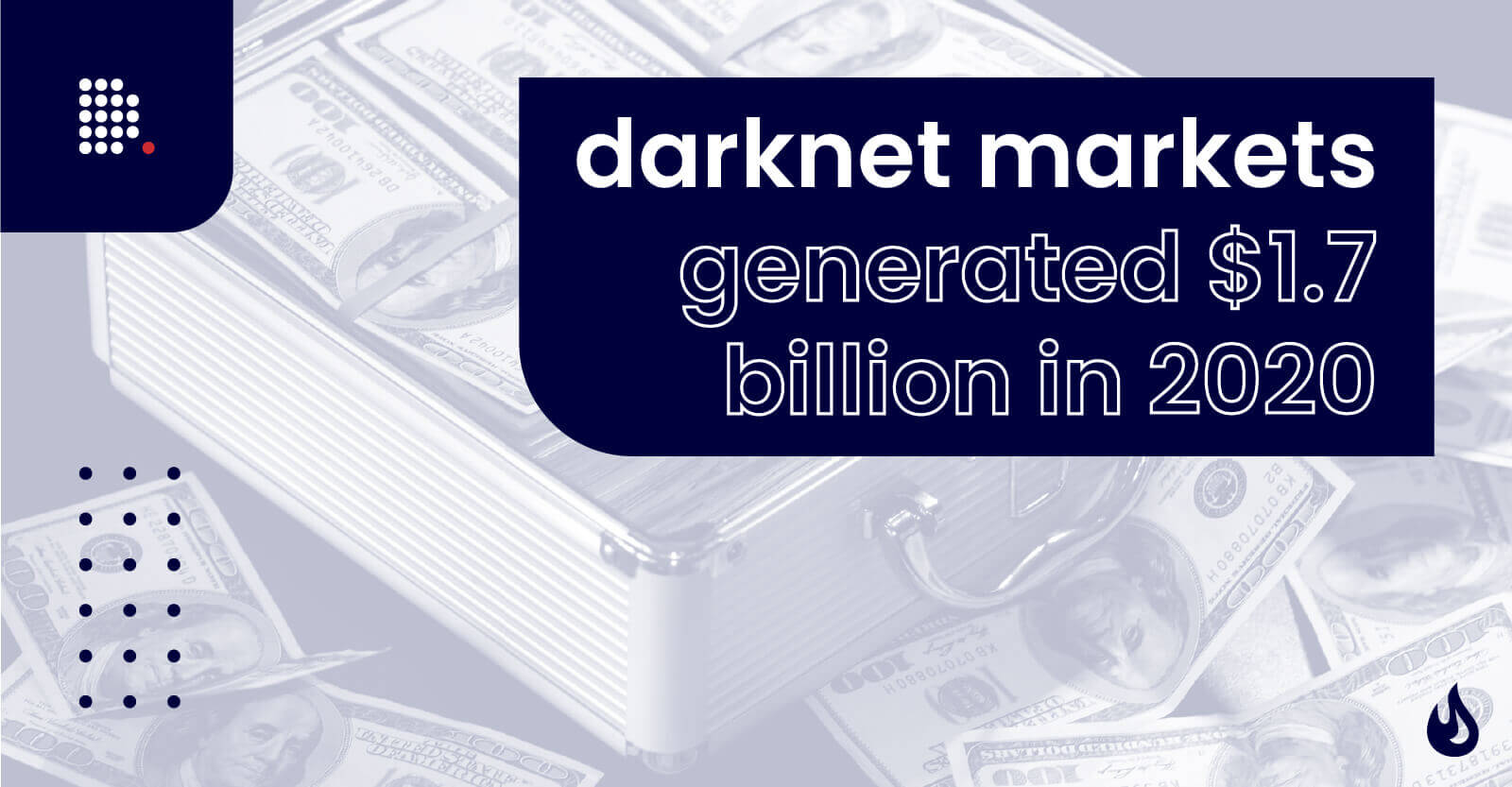Reward: An In-Depth Exploration into Hidden Market Exchanges
The deep web has captivated numerous individuals a multitude, cloaked in mystery and often misconceived as a realm solely for illegal activities. In truth, it is a complex landscape where anonymity is paramount above all, providing both opportunities and hazards for those who dare into its depths. The dark web markets act as the focal point for countless transactions that range from the innocuous to the extremely dangerous, creating a mesmerizing intersection of business and caution.
As people and organizations navigate this concealed internet, they confront a provocative question: is the possible reward worth the built-in risk? Understanding the dynamics of dark web market transactions is vital for anyone looking to understand the broader implications of this underground economy. From the acquisition of scarce digital goods to the bartering of illicit substances, the motivations for engaging in these markets are as varied as the goods and services offered. Examining these transactions uncovers not only the motivations of buyers and sellers but also the related dangers that come with operating in a realm where trust is limited and counterfeits are prevalent.
Comprehending the Obscure Web Economy
The obscure web economy is a complicated network that operates primarily outside the oversight and control of traditional markets. It includes a range of goods and offerings, frequently illicit, spanning from narcotics and weapons to illegally obtained data and forged currency. Actors rely on anonymity and coding tools, facilitating transactions that would typically be challenging in traditional marketplaces. This hidden economy thrives on both desire for illegal goods and the supply provided by various vendors who take benefit of the dark web's distinctive characteristics.
One of the essential factors driving the obscure web economy is the use of digital currencies. Virtual currencies like Bitcoin provide users with a level of anonymity, making it hard to trace transactions back to people. Vendors and buyers prefer these forms of payment for their perceived safety and speed. While this form of payment has legitimate uses, it is particularly inviting to those engaging in illicit trade, as it assists to obscure their personas and shield their assets from law enforcement.
The dark web is not solely a hub for illicit activities; it can also serve as a platform for lawful goods and services that require privacy. Confidentiality-oriented technologies and platforms have emerged, offering secure avenues for communication and transactions in an increasingly surveillance-driven world. However, the pervasive existence of illegal market transactions casts a cloud over the entire obscure web economy, leaving regulators and law enforcement struggling with the challenges it poses.
Dangers Connected of Darknet Transactions

Engaging with exchanges within darknet markets entails considerable threats which may result in severe outcomes for users. One of the primary concern includes the possibility for deception and scams. Many providers on these platforms are unreliable, and exchanges can result in acquiring fake goods or no items at any point. Participants are generally left with few recourse, as privacy and no regulation hinder to reclaim lost assets or seek reparations.
Additionally significant risk is criminal issues. The hidden web is commonly connected with illegal actions, and acquiring products such as narcotics or hacked details can lead to grave legal issues. Law enforcement agencies constantly observe these platforms, and covert missions can end in arrests of customers and vendors alike. darknet markets onion address Individuals involved in these activities should be aware that they may be setting themselves at hazard of legal consequences.
In addition, there are cybersecurity threats associated with dark web exchanges. Users often transmit sensitive details, such as cryptocurrency accounts and identifying data, which can be hacked by cybercriminals. Viruses and phishing attempts are prevalent, and users may find their devices breached as a result of their activities. Protecting one's private information and details is difficult, resulting in the threat of identity fraud and the loss of assets a critical concern among all operating in these shadowy sites.
Promising Gains and Upcoming Patterns
The allure of dark web markets primarily lies in the possible returns they offer, from privacy to exclusive items. For many users, the ability to acquire goods without disclosing identity is a significant attraction. This characteristic not only benefits buyers looking for privacy but also sellers who can operate without the constraints of conventional market regulations. As the use of digital currency grows, transactions have become smoother, promoting the advancement of these digital commerce platforms.
As technology advances, dark web markets are likely to see an rise in advanced features. The application of machine intelligence and machine learning could improve user interactions, making navigation easier and better tailored. Additionally, we can look forward to better protection systems to address the heightened focus of police enforcement. Merchants might also utilize efficient distribution channels, which could widen their customer base and encourage assurance in interested clients.
Finally, the future trends in the dark web could also encompass a movement towards ethical considerations within these platforms. Some merchants are already promoting goods that are claimed to be sustainably sourced, or fair trade, appealing to a growing audience that values sustainable buying. As the market landscape changes, we may observe a growth in grassroots movements that encourage seller transparency, that might transform perceptions of dark web transactions and their importance in the wider financial ecosystem.